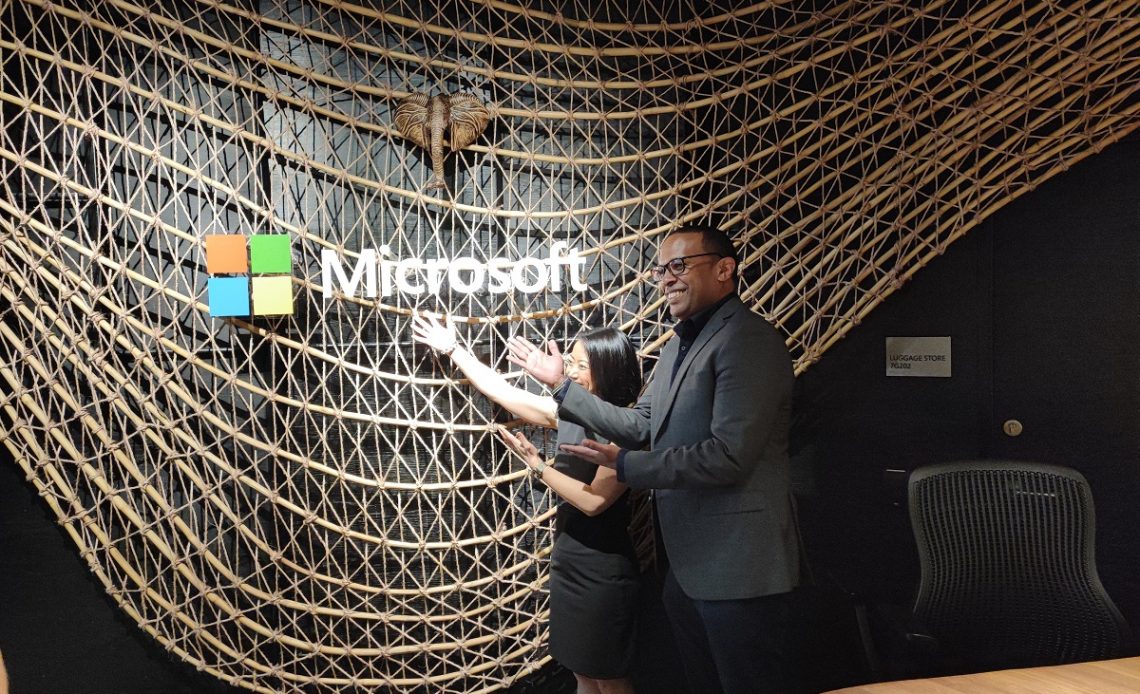
Microsoft Africa Development Centre (ADC) has launched Season 4 of the Game of Learners (GOL) initiative, a hackathon that allows African university students to develop solutions to current challenges facing the continent and the world. This year’s competition is being implemented in partnership with Population Services International (PSI) and AMREF Health Africa, and will focus on developing technology solutions to address different health challenges, including how to improve healthcare service provision in localities.
The GOL initiative is open to students of accredited universities and colleges in sub-Saharan Africa and consists of 16 teams, each made up of four learners (two men and two women) from all over the continent. The program runs for five weeks, and each team is captained by Microsoft Learn Student Ambassadors, who guide the learners through the process of learning new technologies and building their solutions. The students will benefit from the instruction of 32 coaches and more than 20 advisors who will guide them through the process.
Season 4 of the Game of Learners initiative is designed to provide a fun, hands-on learning experience while creating a virtual environment that transcends borders to allow young minds to collaborate and drive the advancement of Africa into a global innovation hub. Gender-balanced teams further tie into the mission of promoting diversity and inclusion within the tech industry.
At the end of the season, the winning team will be eligible for awards, including collaboration with GOL Season 4 partners to advance their solution and entry into the Microsoft Imagine Cup, where they will present their innovation on a global stage.
“This partnership with Microsoft is part of a larger initiative to increase the talent pool of individuals working in Digital Health across Africa,” said Martin Dale, Population Services International’s (PSI) Global Director of Digital Health. “There is so much talent graduating from our universities, and Game of Learners is a great opportunity for students to dig in and create solutions that make health care more accessible to all.”
“As a continent that has historically had serious healthcare challenges, we need the kind of ideas that can only come from the youth to revitalize healthcare service provision. There are myriad opportunities ranging from health informatics and telemedicine to big data analysis and system security for the learners to explore. We are eager to work with the teams to create solutions that have the potential to change Africa and the world,” said Samuel Weru, AMREF Health Africa Group ICT Director.
The initiative is part of Microsoft’s mission to empower every person and every organization on the planet to achieve more. Microsoft launched the Africa Development Centre (ADC) in 2019 with an initial site within Microsoft offices in Nairobi, Kenya, and another in Lagos, Nigeria. The centre’s goal is to attract world-class African engineering talent to create innovative solutions spanning the intelligent cloud and intelligent edge. Since its inception in Nairobi in 2019, the ADC has grown to over 500 full-time employees working in areas such as software engineering, machine learning, data science, market research, infrastructure, and much more.

